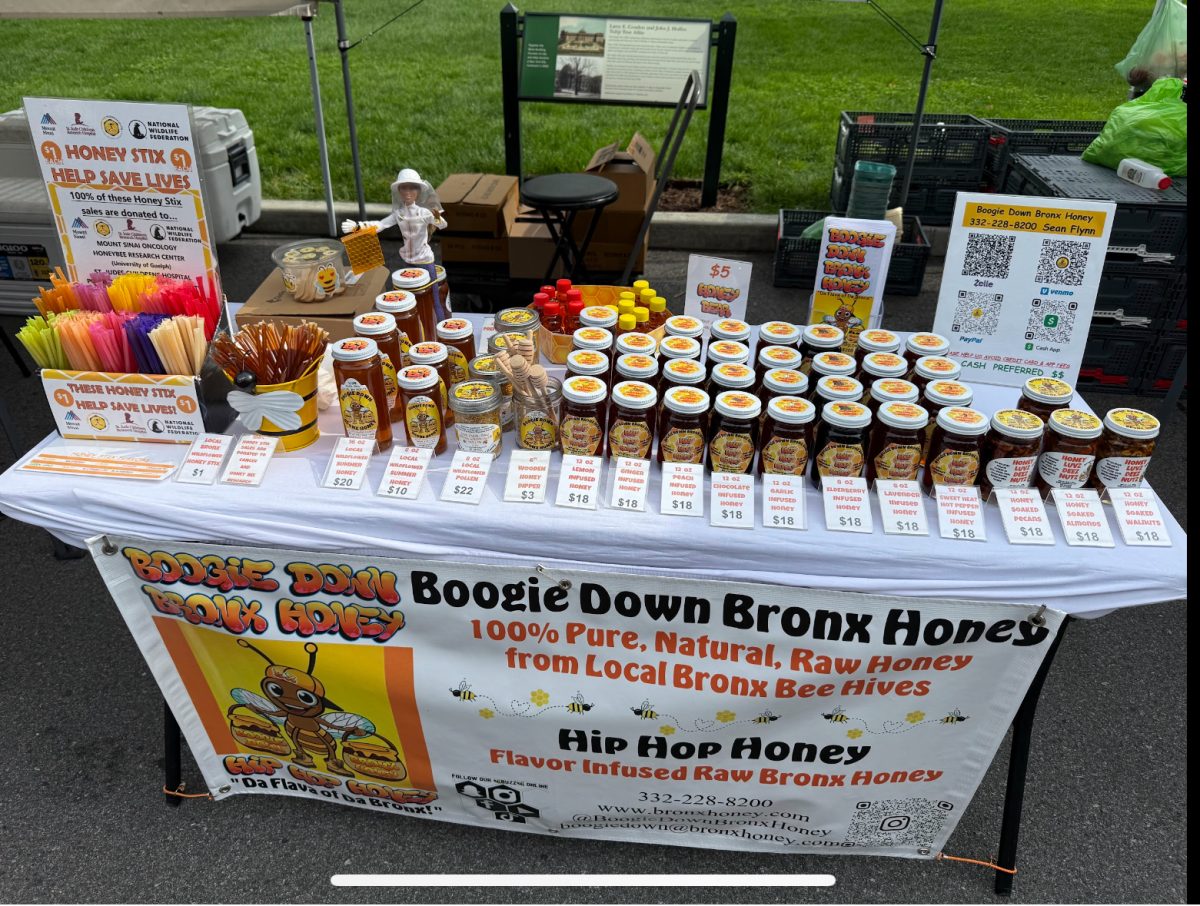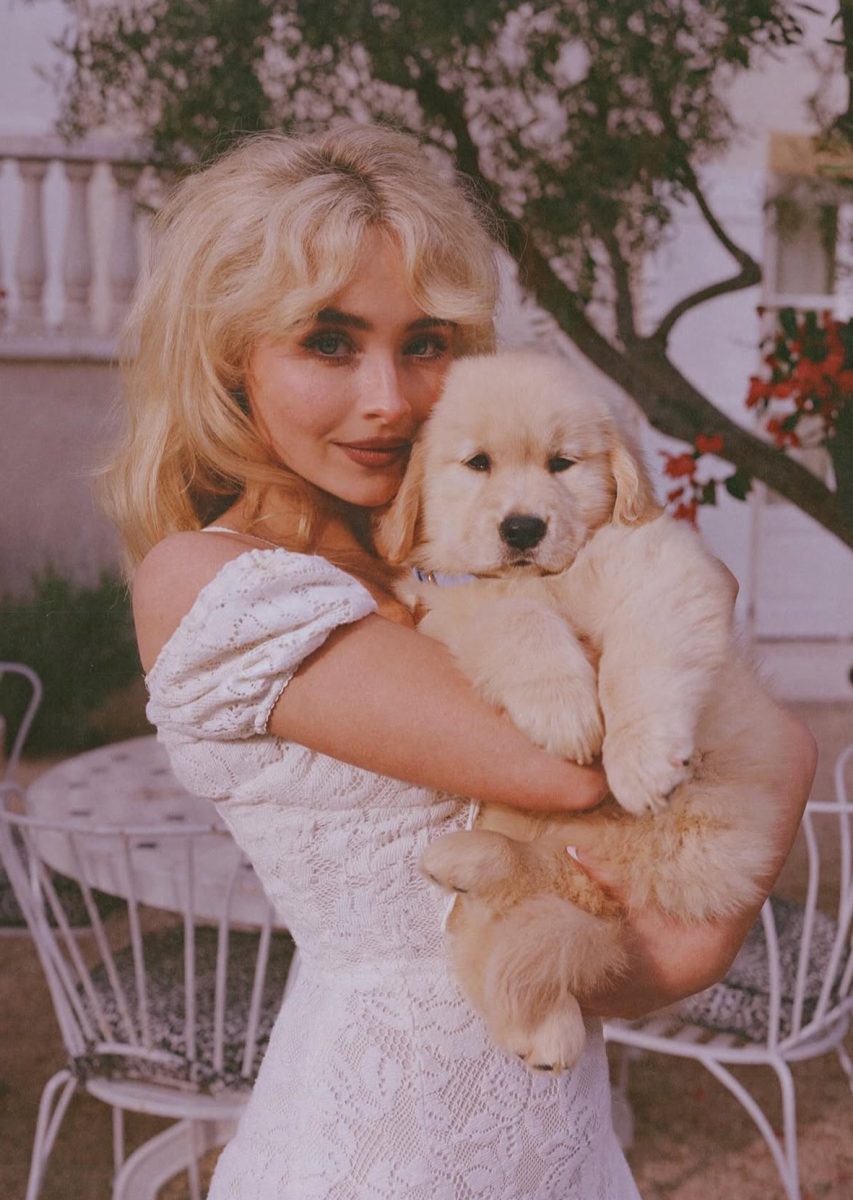When the title of Miley Cyrus’s newest song, “Used to Be Young,” became public knowledge, several music critics commented on the seeming inappropriateness of the title. At the ripe old age of 30, Miley Cyrus is still relatively young, and a song reflecting on lost youth seemed unsuitable for the artist. On closer examination though, there is something uniquely fitting about Cyrus’s singing about lost youth, and the song stands out as one of her finest to date.
The song is particularly suited to her because, in the eyes of many, Miley Cyrus is so associated with childhood. She came to prominence in her Disney Channel-starring role as Hannah Montana, and for many people who grew up watching her, it’s a reputation she’ll never quite be able to shed. Following her Disney years, Cyrus faced major criticism as she tried to shake her Disney star image, as she was associated with the “wild stage” that so many young pop stars go through. In the music video for “Used to be Young,” Cyrus sports a Mickey Mouse shirt beneath a sparkly red top, in clear reference to the different stages of her life.
Listening to some of Cyrus’s early songs reminds one of precisely how far Cyrus has come; moving away from her early pop roots, her voice and music have matured, leading to songs in different styles, dealing with more complicated ideas (to understand precisely how much her voice has changed, I would recommend listening to her original version of “See You Again” versus her 2022 cover).
The simplest way to write a song about the past would be to view the issue as black-and-white. Either the past is regrettable, or something to be mourned. Cyrus, however, instead balances the nuanced ways we often view youth. In the lyrics, Cyrus expresses some measure of regret for the things that she had done in her past, pointing out that “it’s not worth cryin’ ‘bout/The things you can’t erase/Like tattoos and regrets, words I never meant.” At the same time, Cyrus revels in her youth, suggesting at least some of her so-called “mistakes” were not something to be regretted, singing, “I know I used to be crazy/Messed up, but, God, was it fun.”
And while Cyrus suggests that she’s not sad to have moved on from that stage of her life (“You tell me time has done changed me/That’s fine, I’ve had a good run”), the song’s soft, slow melody, so different than many of Cyrus’s rock-inspired anthems, suggests that there is some small measure of sadness when she considers her youth. These lyrical and melodic elements aren’t contradictory, however. Growing up is a confusing, often paradoxical mix of emotions, and Cyrus manages to touch on all of them in some form or another.
Joni Mitchell was only 22-years-old when she wrote the song many consider to be her masterpiece, “Both Sides Now.” Much like Cyrus with “Used to be Young,” critics pointed out the seeming absurdity of a 22-year-old commenting on the passing of youth. These criticisms, however, reflect a narrow-minded view of our views on age and experience — who better to comment on youth than youth itself? The idea that only older people can feel nostalgia for earlier times, or feel sad about changes in their lives, ignores the feelings of countless young people struggling with these emotions everyday. In my opinion, “Used to be Young” is one of Cyrus’s masterpieces (which is a saying a lot, considering her incredible career), and will be held up for decades to come as a brilliant piece of music.
Those who say that Cyrus is too young to write about the passing of youth miss the point of the song. Being young is relative, and there’s something in “Used to be Young” that everyone can relate to. It is no coincidence that Cyrus released this song as the summer draws to a close, and so many people face new beginnings. Times of momentous change inevitably prompt self-reflection on the person you used to be, and the bittersweet nostalgia of knowing you can never really be that person again. “Used to Be Young” is more than an elegy to lost youth; it is an acceptance of the people we once were, coupled with the mournful thought that we can never quite be those people again.
As September begins and classes start up again, I urge you to listen to “Used to Be Young.” No matter where you are in life, be it a senior contemplating life after college or a first-year just beginning your Fordham career, there’s something in this song that can resonate with everyone — and isn’t that the beauty of it?










































































































































































































